OK is a common word in different languages, especially in English, which means many things and is used in different situations. It is an abbreviation of “Okay” or “Oll Korrect,” which has become a part of our everyday vocabulary. But many people may not know about the OK full form in different fields, like law, medicine, education, and more.
In this situation, knowing the various full forms of OK is essential to understand how the word is used and what it means in different cases. This article aims to overview the other full forms of OK and the fields in which they are used.
OK Full Form
OK is the most common abbreviation with various full forms in different fields. Here we discussed a few of the most popular:
OK – Okay / Oll Korrect:
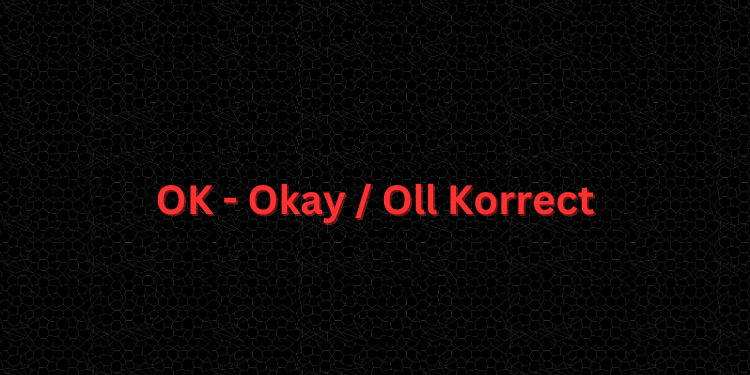
This is the most common and popular way to say OK in full. It means that everything is fine or OK.
OK – Objection Killed:
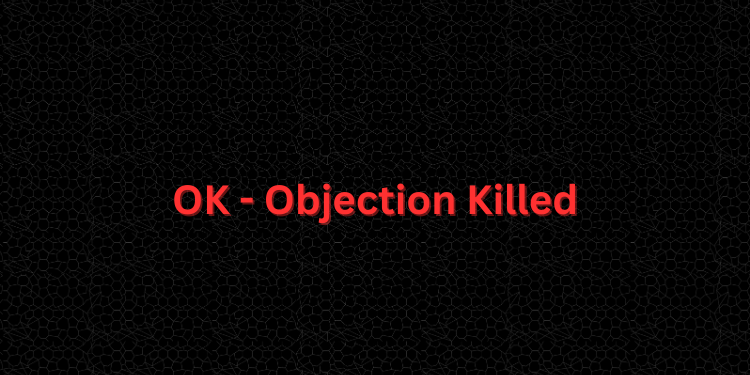
This legal term is used in court to say that an objection has been turned down.
OK – Stands For Oklahoma:

It is a state in the U.S. In postal codes and other official documents, it is written as OK.
OK – Only Kidding:
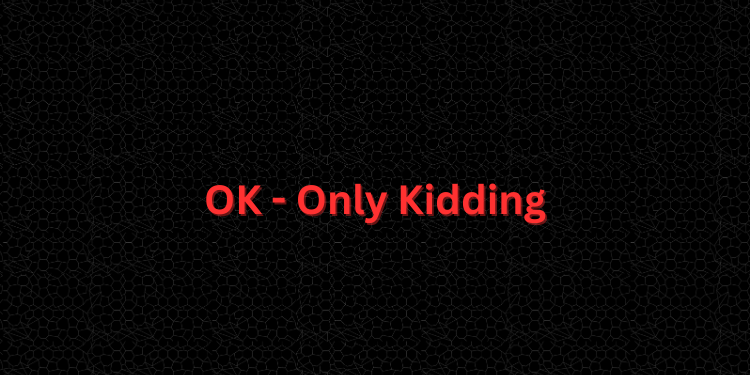
This is slang for saying that what was said before was a joke or not severe.
OK – Oedema Killer:
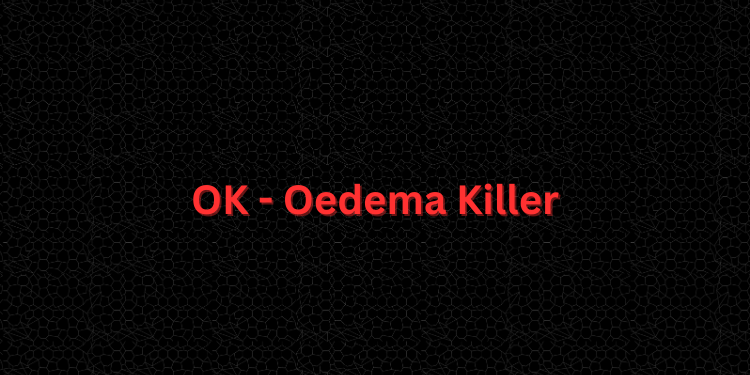
This is the medical term for a drug or treatment that reduces or eliminates oedema (swelling).
OK – Opportunity Knocks:

This is a term used to encourage people to take advantage of opportunities when they come up.
OK – Onkel Knkel:

It is the name of a Swedish musician known for his sarcastic and controversial lyrics.
OK – Out Of Kilter:
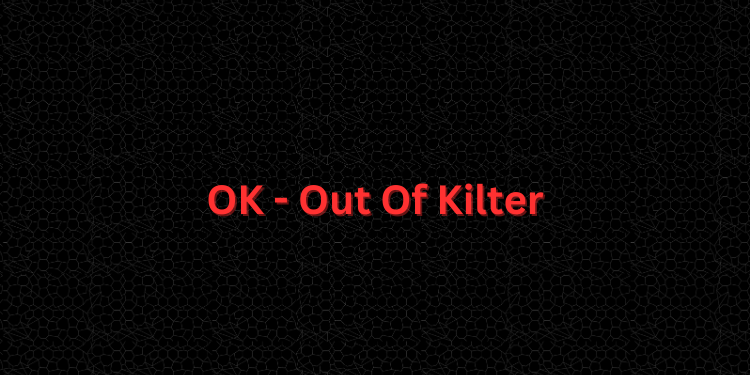
This is a slang word for something that doesn’t work right or is out of order.
OK – Our Kids:
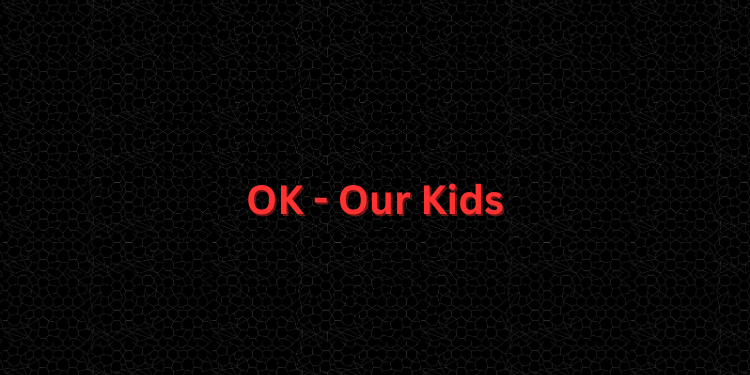
This term for children is usually used when discussing parenting or schooling.
OK – Order Of Knights:
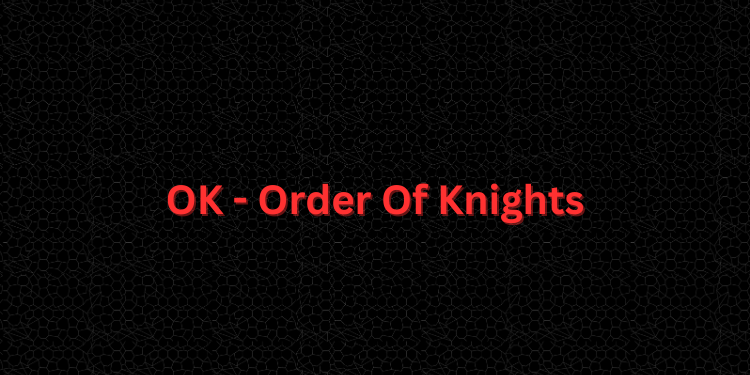
This term is for a group or organization of knights, such as the Knights Templar.
FAQs:
What is OK in educational terms?
A: In educational terms, OK doesn’t have a specific full form. It usually says that a response or answer is correct or good enough.
Q: From where does the word OK come?
A: It is thought to have started in the United States in the middle of the 19th century, possibly as a funny way to shorten “all correct,” which was misspelled.
Conclusion:
OK has become a common word we use everywhere, from the courtroom to the hospital to the classroom to everyday conversations.
Even though many peoples don’t have an idea where it came from, its popularity and wide use show how important its role is and how it can change and grow over time.
